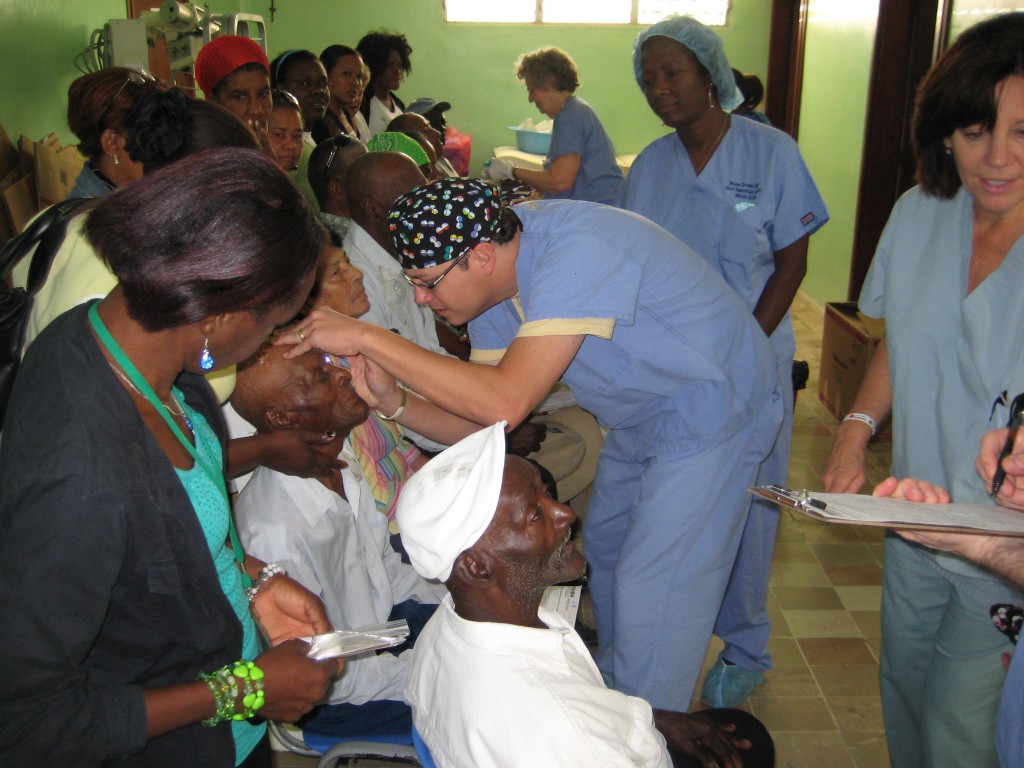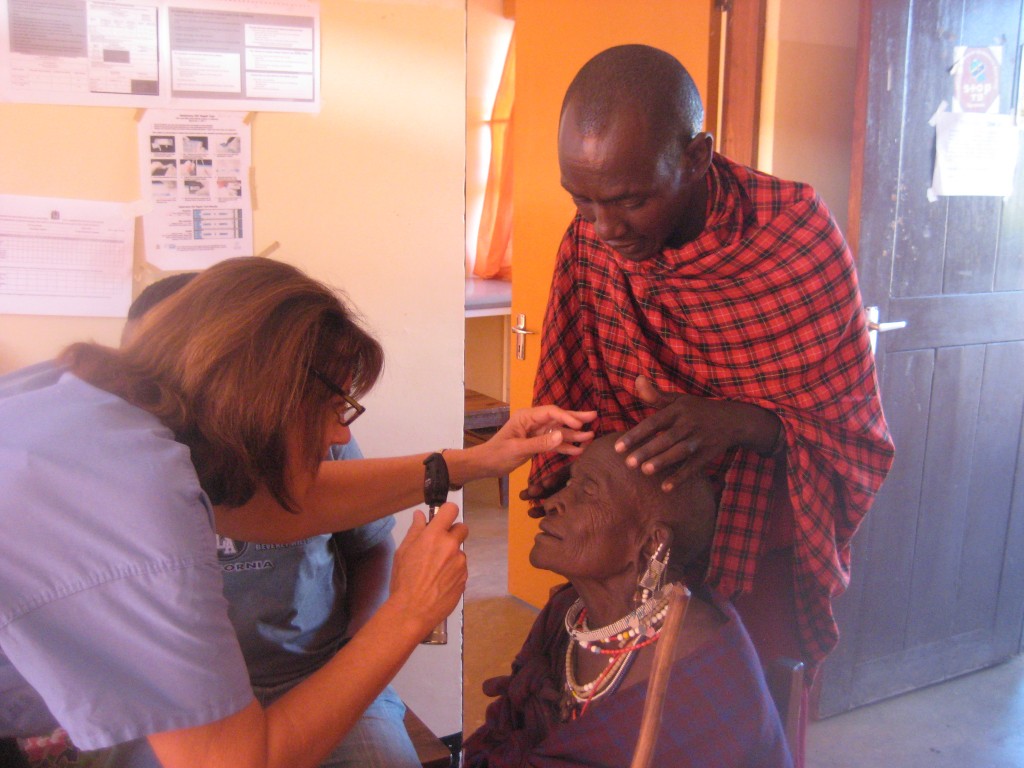
Our Vision:
- To provide high quality low cost eye care to those who have no access.
- To educate, equip, and enable ophthalmologists-in-training so they may play an active role in ending the global problem of preventable blindness.
- To contribute to the development of sustainable eye care delivery in the places we serve.
Our Core Values:
- Compassion
Our motivation to alleviate suffering by working to end preventable blindness shall be driven by compassion alone and not by any secondary gain.
- Global Development
Our actions and resources will be prudently directed toward furthering the development of eye-care delivery in the areas we serve. We will maximize our efforts by wisely investing in sustainable systems, avoiding duplication of efforts, and creating forward momentum in all of our endeavors.
- Clinical and Surgical Excellence
As we deliver medical care in developing countries we will strive for excellence in every way. We will rely on evidence-based medicine, employ the highest possible standard of care, and utilize established quality control processes to ensure we maintain the utmost degree of excellence.
- Respect for Others
Members of and volunteers for Sight Restoration International will continually strive to treat all individuals with the utmost respect regardless of age, race, gender, nationality, education, religious belief, sexual orientation, political, or socioeconomic background. Volunteers will never be excluded based on any of these factors. All our interactions with each other and with those we serve will be respectful; this includes being culturally sensitive when we work in different regions of the world.
The Problem we are working to help solve:
What are the barriers to ending preventable blindness?
1) Poor access to clinics
Most patients in developing countries live far from hospitals or surgical facilities. Even where facilities are available, there is often a lack of instruments, equipment, medications, and other consumables.
2) Not enough healthcare providers
In the continent of Africa, for example, there are probably fewer than 1000 surgical ophthalmologists, about 1:1,000,000 population.
3) Cost
Aside from the cost of treatment, there may be other costs such as the distance to services, lack of transport, having no one to act as escort and caregiver, and seasonal work demands.
4) And even if treatment is available, affordable, or entirely free, patients may refuse it for other reasons.
Patients may not know or believe that their blindness is curable. They may be unaware of the possibility of an operation, or of the availability of a cure.
Patients may have heard about others’ bad experiences from poorly performed surgeries. Poor outcomes can destroy trust and contribute to a bad reputation for eye surgeons.
Practices of traditional medicine can interfere with surgical interventions. Belief in magical cures may contribute to a negative attitude towards modern health practices and treatments.
So how does Sight Restoration International work toward solving these problems?
We are a diverse group of eye surgeons, healthcare providers, concerned world citizens, and people like you who are willing to take ownership of these problems and invest in solutions. We pool our talents and resources in order to develop evolving solutions in the places we serve.
At this stage our focus in Tanzania, where we are launching a surgical site where visiting surgical teams can support a local ophthalmologist so he can begin restoring sight to the needlessly blind in that region. Our aim is to establish a local reputation as a center for surgical excellence and work with local healthcare providers to transition the center into a sustainable delivery system of low-cost high-quality eye care with the ultimate goal of helping to expand services throughout Sub-Saharan Africa by helping train and support a new generation of eye-care providers. We also aim to develop a novel approach to sustainability by harnessing profits from the tourism industry to subsidize healthcare outreach.
Along the way, Sight Restoration International will make a special effort to involve American physicians who are in their final year of ophthalmology residency training. We hope to expose them to International Ophthalmology and help them learn how they can play an active role in working to end preventable blindness. We will make these opportunities available to resident physicians by covering their expenses when they join our outreach trips.


